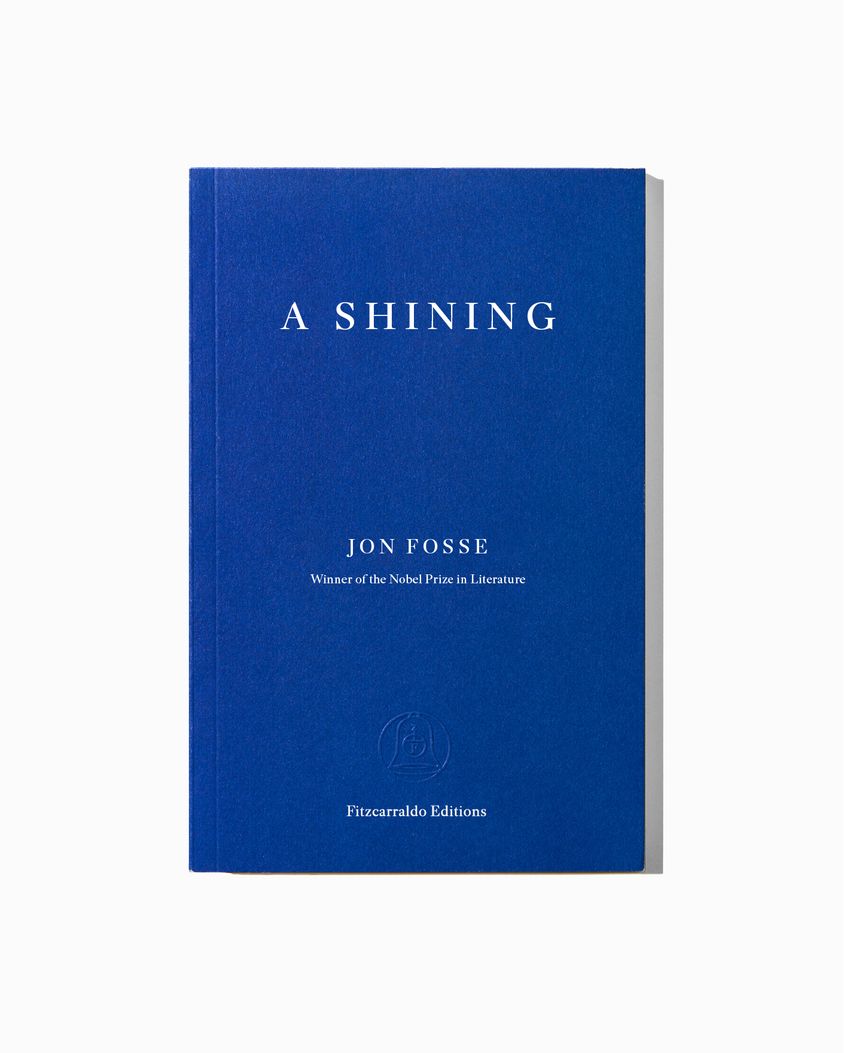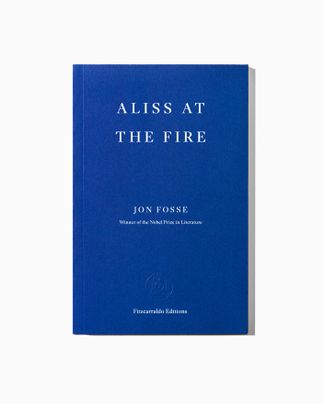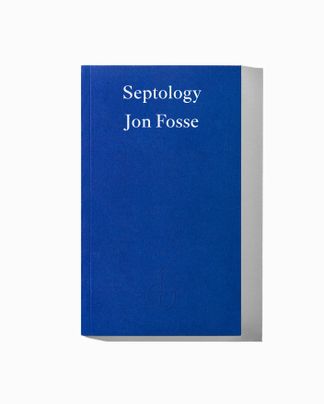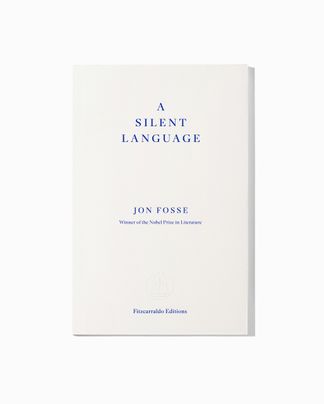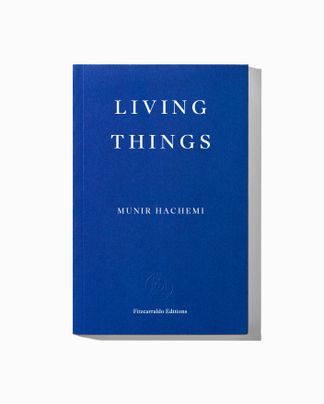Winner of the 2023 Nobel Prize in Literature
A man starts driving without knowing where he is going. He alternates between turning right and left, and finally he gets stuck at the end of a forest road. Soon it gets dark and starts to snow, but instead of going back to find help, he ventures, foolishly, into the dark forest. Inevitably, the man gets lost, and as he grows cold and tired, he encounters a glowing being amid the obscurity. Strange, haunting and dreamlike, A Shining is the latest work of fiction by Jon Fosse, ‘the Beckett of the twenty-first century’ (Le Monde).

